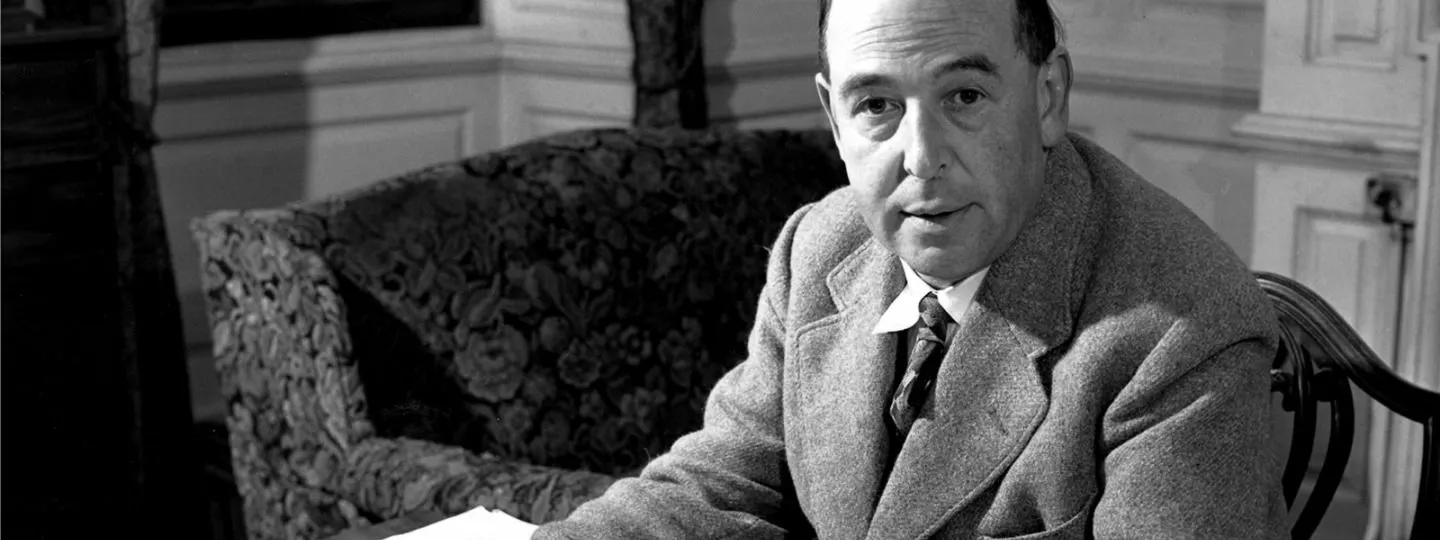
C. S. Lewis
Clive Staples Lewis (29 November 1898 – 22 November 1963), commonly called C. S. Lewis and known to his friends and family as “Jack”, was a novelist, poet, academic, medievalist, literary critic, essayist, lay theologian, and Christian apologist. Born in Belfast, Ireland, he held academic positions at both Oxford University (Magdalen College), 1925–1954, and Cambridge University (Magdalene College), 1954–1963. He is best known both for his fictional work, especially The Screwtape Letters, The Chronicles of Narnia, and The Space Trilogy, and for his non-fiction Christian apologetics, such as Mere Christianity, Miracles, and The Problem of Pain.
Clive Staples Lewis (29 November 1898 – 22 November 1963), commonly called C. S. Lewis and known to his friends and family as “Jack”, was a novelist, poet, academic, medievalist, literary critic, essayist, lay theologian, and Christian apologist. Born in Belfast, Ireland, he held academic positions at both Oxford University (Magdalen College), 1925–1954, and Cambridge University (Magdalene College), 1954–1963. He is best known both for his fictional work, especially The Screwtape Letters, The Chronicles of Narnia, and The Space Trilogy, and for his non-fiction Christian apologetics, such as Mere Christianity, Miracles, and The Problem of Pain.
Lewis and fellow novelist J. R. R. Tolkien were close friends. Both authors served on the English faculty at Oxford University, and both were active in the informal Oxford literary group known as the “Inklings”. According to his memoir Surprised by Joy, Lewis had been baptized in the Church of Ireland (part of the Anglican Communion) at birth, but fell away from his faith during his adolescence. Owing to the influence of Tolkien and other friends, at the age of 32 Lewis returned to the Anglican Communion, becoming “a very ordinary layman of the Church of England”. His faith had a profound effect on his work, and his wartime radio broadcasts on the subject of Christianity brought him wide acclaim.


